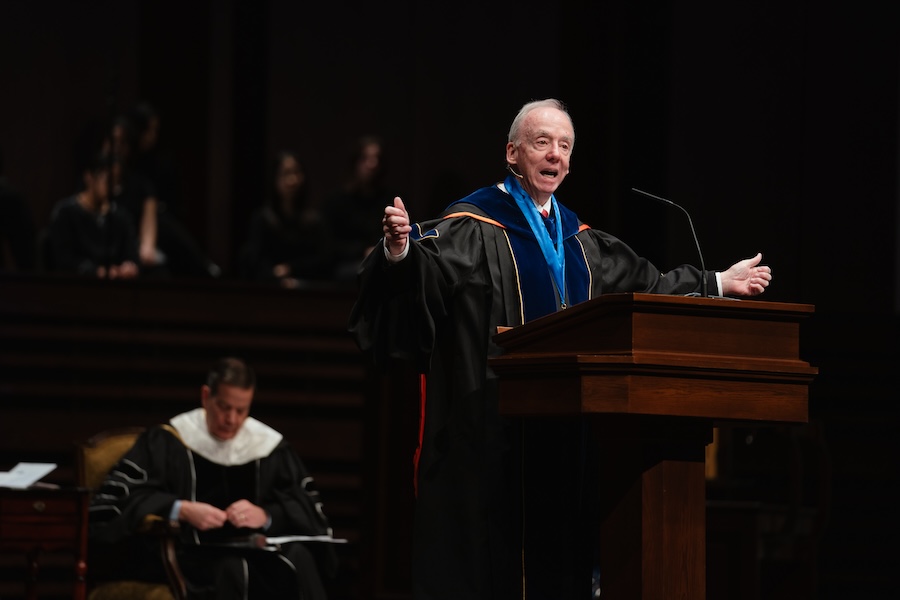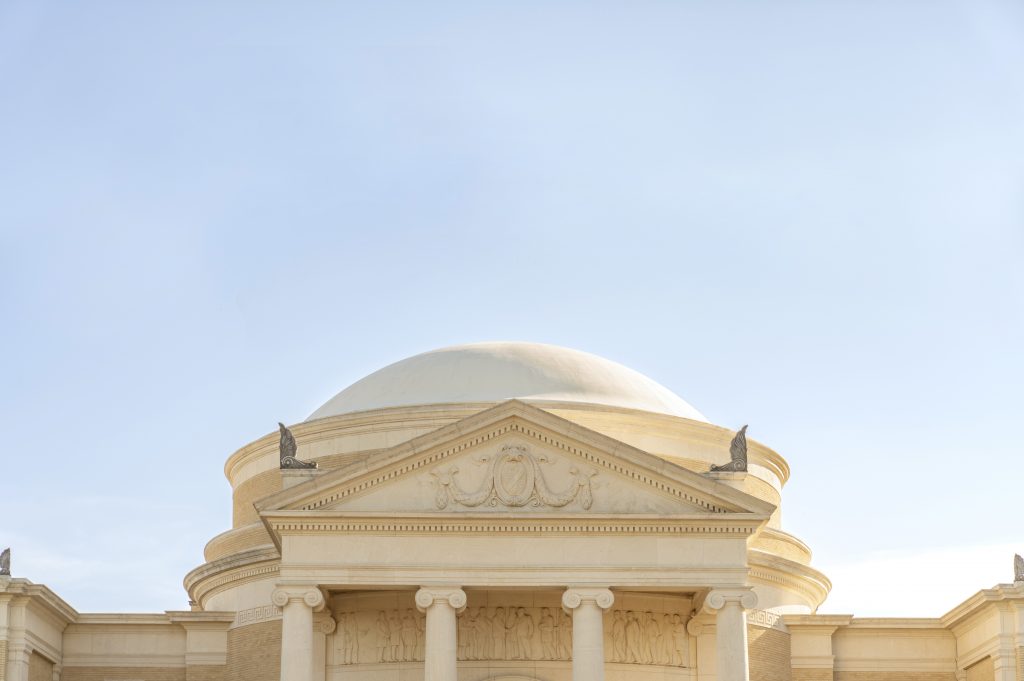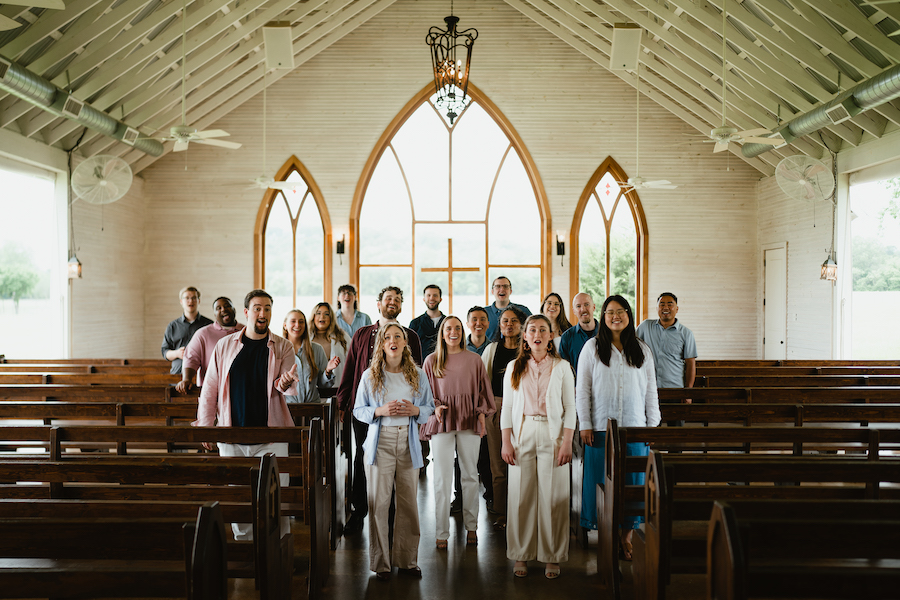Routine prison visit leads to Gospel conversation


In her job as a criminal defense investigator, Michelle Brown, a Master of Theology student at The Southwestern Baptist Theological Seminary, frequently visits prisons to speak with inmates about their cases. Although her job prevents her from freely speaking about her faith, the nature of these conversations often gravitates toward matters of religion and belief.
During a recent visit, Brown spoke with a man who, despite the time he had already devoted to reading the Bible, had no significant understanding of the person of Jesus Christ.
The inmate shared that he prays to God every night, and that he had already read from Genesis to Esther. He then revealed some details about his life, particularly pertaining to the criminal case at hand.
“He, like most defendants, ‘didn’t do it,’ referring to the crime he is being incarcerated for and allegedly committed,” Brown says. “As he speaks, I get this visual of him being in a cell known as general population where he shares a pod with eight other males. He has a Bible at his bunk. [I’m] visualizing the great difficulty he may have with peace and being able to spend time alone with God. It has to be impossible.”
Despite his talk of prayer, God, and Bible-reading, Brown discerned that he may not know Jesus, or even know who Jesus is yet. “I have to be careful here not to presume too much,” she admits, “but also I cannot dismiss the opportunity for sharing the Gospel.”
Since the inmate himself had brought up spiritual matters, Brown was free to inquire further. She asked him, “If we were to die tomorrow, where would you go?”
He simply replied, “To heaven.” He explained that he would go to heaven because he had done enough good things in his life.
Pondering the various crimes about which this man boldly bragged, Brown asked him what he thought his “ticket” to heaven might be. Again, he answered that he believed he had done enough “good works” to get into heaven.
Brown then reframed her question: “If you had gone to church all the time, lived a church life, served the poor, donated your time to feeding the poor, would that be your guaranteed way to heaven?”
He answered honestly that, no, he did not think church attendance would be enough, but perhaps an accumulation of enough “good things” would likely be enough.
They continued their discussion about the case, but at the conclusion of their meeting, he told Brown about sitting in his bed and praying to God at night. So Brown asked him to start praying for God to reveal His Son to him.
Brown recalls, “I let him know that if he wants peace in his life—if he wants eternal life after this life to where God will let us walk with Him—that as Christians, we believe Jesus is the only way to that life.”
Brown left that day knowing she would likely not see this man again, but prayed for his salvation and that his learning about Jesus for the first time that day would be the foundation for his willingness to surrender to Christ for salvation.
“He will go back to his cell and maybe contemplate what we spoke of,” Brown says. “I suppose, in addition to each defendant I have had conversations with about Jesus, I will never know the outcome of their spiritual life. But for this one time, in this instance, I am reminded that special revelation is truly a gift, and I pray that every stranger I come to know can find Jesus in time, while there is still time.”



